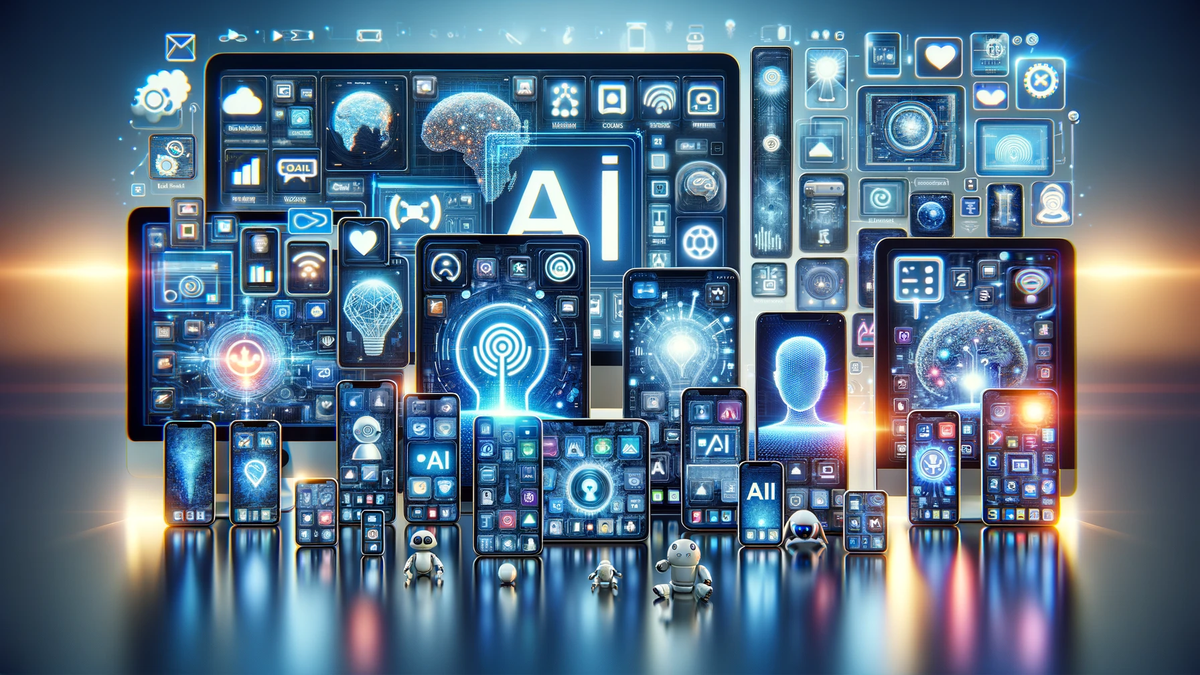Companies dedicated to mining bitcoin are going through serious difficulties for some time now due to the gradual loss of profitabilitywhich currently is at historic lows.
Large volumes of energy consumption and high-performance computing equipment are two capital investments for this business. But not all miners have managed to maintain a balance between their income and the costs of maintaining that infrastructure.
The coup de grace was given last April by the most recent halving of Bitcoin, which halved the circulation of this cryptocurrency and, therefore, It involved lowering the reward that miners receive from 6.25 BTC to 3.125 BTC for his task.
Given this scenario, the future of BTC mining companies seems increasingly bleak. However, there is one fact that seems to contradict this trend and that is that the shares of these publicly traded companies are being revalued as the value of miners’ energy assets grew.
It happens that energy became the essential raw material in the world of artificial intelligencesince its development requires heavy, high-power computing capacity with high electricity consumption.
For example, in AI applications like ChatGPT your queries They consume 10 times more electricity than traditional Google searches, according to measurements made by industry experts.
Therefore, a very large portion of Bitcoin miners saw an opportunity in this new niche and decided to reorient their activities to work in Artificial Intelligence.
Lucy Hu, senior analyst at cryptocurrency fund Metalpha, explained this phenomenon as follows: “The decline in mining rewards has driven miners to look for other channels to surviveWith AI companies demanding energy-hungry data centers, bitcoin miners are gradually increasing income for sales to AI companies.”
Artificial intelligence can be much more efficient than Bitcoin mining. While mining requires a huge amount of energy and computing power, artificial intelligence can be trained and run using a fraction of the resources.
Furthermore, artificial intelligence has a wide range of applications, from computer vision to natural language processing. This means that Bitcoin miners who switch to artificial intelligence They can work in a wide variety of projects and applications.
However, while AI’s consumption of “raw material” is much lower than that of bitcoin mining, the new technology implies greater consumption of resources compared to applications that operate using classical algorithms.
AI and electricity consumption
The amount of electricity consumed by an algorithmic search and an artificial intelligence (AI) search can vary widely depending on several factors such as the complexity of the algorithm, the size of the dataset, and the efficiency of the hardware used.
According to some estimates published by specialized portals, algorithmic searches on the web consume between 1 and 100 mWh per query. While searches using artificial intelligence (AI) generate much higher energy consumption.
For text searches, the value ranges from 100 to 1,000 mWh per query, while for image searches, it can vary between 1 and 10 watt-hours (Wh) per query. For audio and video searches, the values rise from 10 to 100 Wh per query.
But the difference in consumption It is not limited to energy, but also to data usageIn general, algorithmic search consumes a relatively small amount of data, since it only needs to access the relevant information and process it according to predefined rules.
On the other hand, artificial intelligence (AI) research involves using machine learning algorithms and natural language processing techniques to find information or solve problems.
AI can consume large amounts of data as it needs to learn from it and improve its understanding and accuracy. In some cases, AI may require access to vast data sets, including text, images, audio, and video, to train its models and improve their performance.
For example, for algorithmic searches in databases, data consumption ranges from 1 to 10 MB per query. For web searches, it varies between 10 and 100 MB per query.
Meanwhile, for artificial intelligence (AI) searches, data consumption for text searches ranges from 100 to 1,000 MB per query. For image searches, it can reach 1 to 10 GB per query. And for the more demanding case of audio and video searches, data consumption varies between 10 to 100 GB per query.
Recently, cloud computing provider CoreWeave signed an agreement under which it will pay Core Scientific about US$3.5 billion for the Austin, US-based bitcoin miner’s data centers to host AI-related computing hardware for 12 years.
Since the agreement was signed, the stock market capitalization of the 14 companies dedicated to bitcoin mining has increased by 22% in just two months, according to a survey by JP Morgan, seeking to demonstrate that every cloud has a silver lining.
Source: Ambito




